Urgent
Air Arabia adds Prague to its expanding European network
 Event in Ras Al Khaimah honours women’s strength, success
Event in Ras Al Khaimah honours women’s strength, success
 Snake on plane delays flight in Australia
Snake on plane delays flight in Australia
 Dust storm leaves over 100 hospitalised in Kirkuk, Iraq
Dust storm leaves over 100 hospitalised in Kirkuk, Iraq
 4 dead, 22 injured in barge sinking off Egypt’s Gulf of Suez
4 dead, 22 injured in barge sinking off Egypt’s Gulf of Suez
 Empower supports sustainable energy future with its strategic sponsorship of WETEX 2025
Empower supports sustainable energy future with its strategic sponsorship of WETEX 2025
 UAEU makes major leap in Times Higher Education Impact Rankings
UAEU makes major leap in Times Higher Education Impact Rankings
 CBUAE issues commemorative coins for ‘Zayed and Rashid’ campaign
CBUAE issues commemorative coins for ‘Zayed and Rashid’ campaign

 Event in Ras Al Khaimah honours women’s strength, success
Event in Ras Al Khaimah honours women’s strength, success
 Snake on plane delays flight in Australia
Snake on plane delays flight in Australia
 Dust storm leaves over 100 hospitalised in Kirkuk, Iraq
Dust storm leaves over 100 hospitalised in Kirkuk, Iraq
 4 dead, 22 injured in barge sinking off Egypt’s Gulf of Suez
4 dead, 22 injured in barge sinking off Egypt’s Gulf of Suez
 Empower supports sustainable energy future with its strategic sponsorship of WETEX 2025
Empower supports sustainable energy future with its strategic sponsorship of WETEX 2025
 UAEU makes major leap in Times Higher Education Impact Rankings
UAEU makes major leap in Times Higher Education Impact Rankings
 CBUAE issues commemorative coins for ‘Zayed and Rashid’ campaign
CBUAE issues commemorative coins for ‘Zayed and Rashid’ campaign



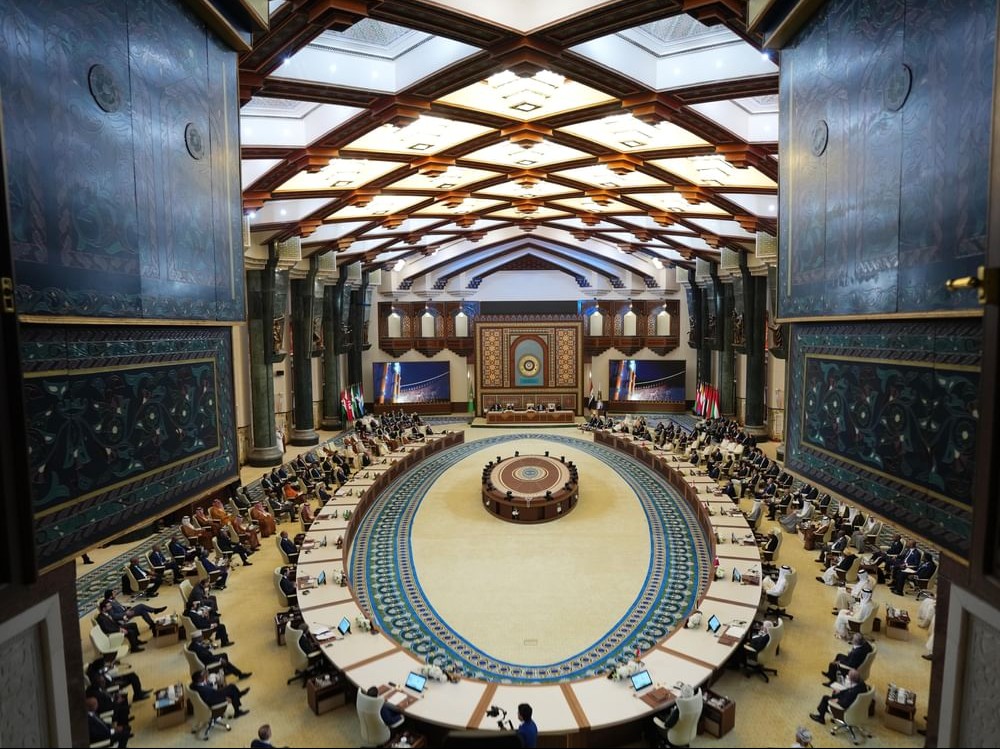



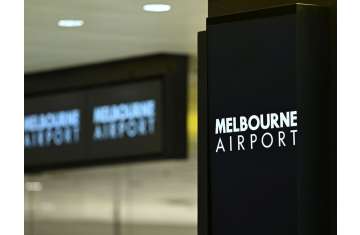
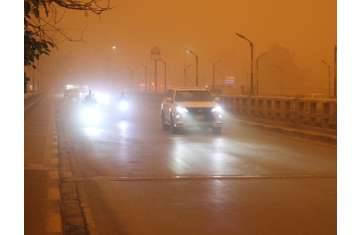
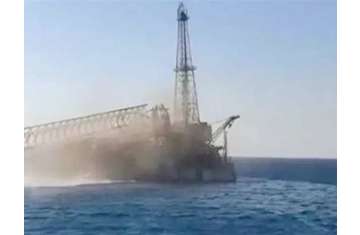
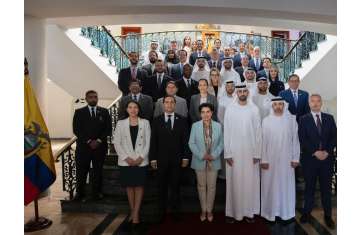
Comments